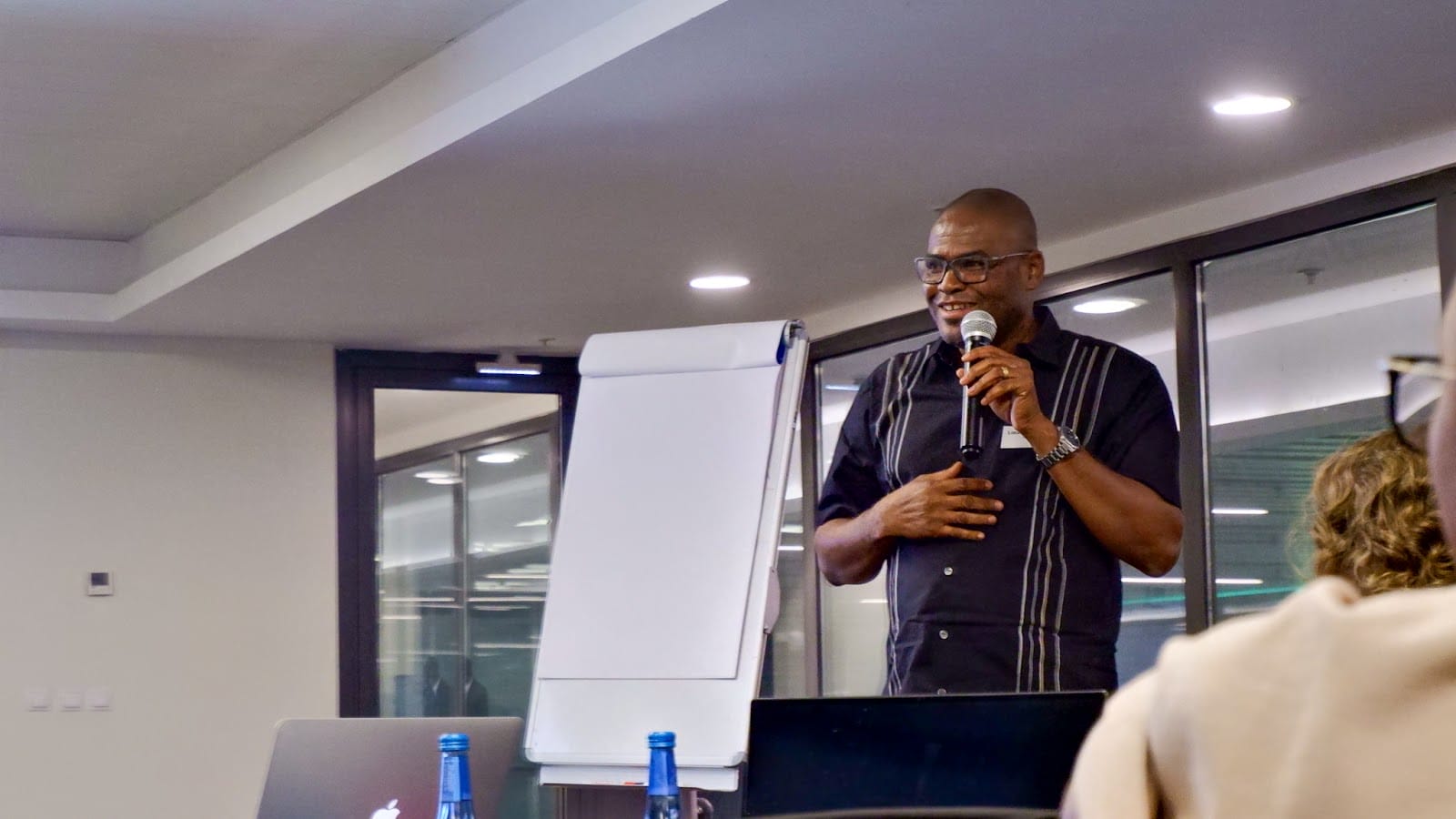Genomic surveillance of malaria parasites and mosquitoes provides timely, accessible data on potential drug and insecticide resistance.
Thanks to MalariaGEN partners contributing samples and data, this community has grown into the world's largest open genomic resource of malaria populations, providing broad benefit to the global malaria community. As more samples are sequenced over time from an increasing number of locations, further insights are unlocked.
Anyone can apply to include data in the MalariaGEN resources, although we are particularly interested in samples from a range of sites collected over at least one year in order to add value to continued genomic surveillance efforts. We will also consider samples from outbreak situations.
Get in touch: support@malariagen.net
Submission of data
At MalariaGEN, we are able to receive sequence data from partners to run through our bioinformatics pipelines and include in our data resources. Usually, we receive raw sequence data, but we also consider other data options.
Once data is received it is run through the standardised pipelines, workflows and best practices established by MalariaGEN. Analysis-ready data is then released to partners and in due course publicly released when it can be used for genomic surveillance of malaria to support public health efforts towards malaria elimination.
Please get in touch at support@malariagen.net to find out more.
Submission of samples for sequencing
We are also interested in collaborations that involve sequencing of malaria parasite and vector samples, something that is possible at the Wellcome Sanger Institute. Please note that additional funding is required for any samples that require sequencing.
Samples submitted to MalariaGEN will enter into one or two pipelines:
1. Genotyping by Amplicon Sequencing
Parasite samples submitted as Dried Blood Spot (DBS) or extracted DNA will be processed using Amplicon Sequencing. Data will be returned in the form of a Genetic Report Card (see below). Benefits of DBS include:
- Small volumes of blood – this makes collection from sick patients easier, and also simplifies storage and transport.
- No cold chain required – once spotted, the blood can be kept at room temperature.
- Low cost – minimal training and materials needed.
Find out more about how data is returned to partners in partner study resources.
Samples with high enough quality and quantity of DNA can also be submitted for Whole Genome Sequencing after Amplicon sequencing.
2. Whole Genome Sequencing
Mosquito and parasite samples are submitted for whole genome sequencing. Whole genome data is returned to partners as curated (rather than raw) whole genome data and can be used for more in-depth genomic analysis – see below for further details.
Data Return
Curated whole genome data
For data generated at Sanger, we provide curated (rather than raw) whole genome data in order to balance the need for timely data and the need for the data to be high-quality and analysis-ready. This is so that it can be used to find robust, unambiguous, and definitive answers to important scientific and operational questions. Curated data is returned to partners as soon as it is ready. The raw sequence data is uploaded onto the European Nucleotide Archive shortly after sequencing is completed, in line with Wellcome Sanger Institute policy.
Curated data is released publically – either shortly after partner release for vector data, please see https://www.malariagen.net/data/our-approach-sharing-data/anopheles-gambiae-genomic-surveillance-project-terms-of-use/ for more details; or for parasite data in periodic public releases no sooner than six months after partner release.
Genetic Report Cards
Amplicon sequencing of parasite DBS samples is used to generate Genetic Report Cards that provide a drug resistance profile for each sample submitted with no specific analysis required. This data is designed to be integrated with other metadata that partners have. Genetic Report Cards (GRCs) are provided to partners as soon as they are available.
Find out more about how data is returned to partners in partner study resources.
Online presence
All partner studies will have their own page on the MalariaGEN website, with space to have a description of the study and a list of the key people involved. When partners publish with their data, we can also link to the publications from the partner study page.
